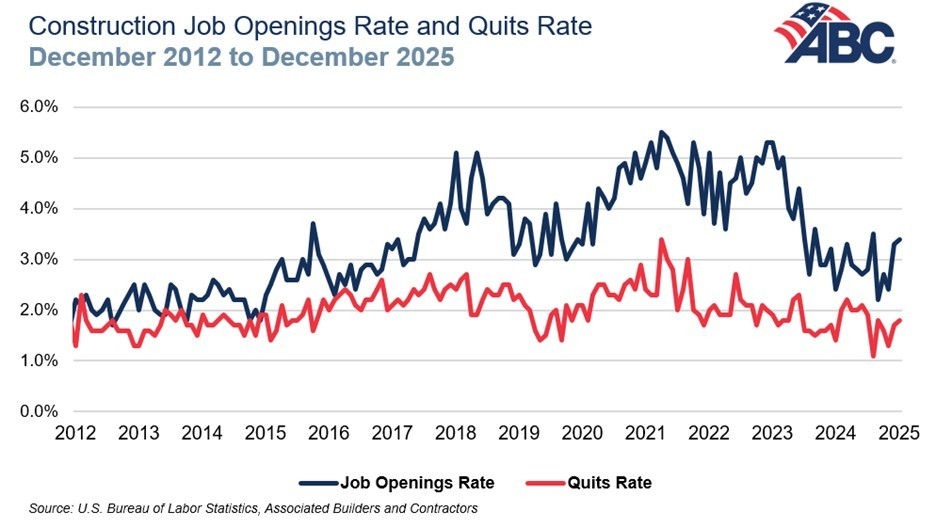The Desert Just Got Hotter: Why Phoenix Is Among The Most Desirable Real Estate Investment Markets
- Tony Julianelle, CEO of Atlas Real Estate
- May 13, 2020
- 3 min read
The Federal Reserve recently cut the benchmark interest rate by a half-point, the largest since 2008. The unexpected rate cut is substantial and could be a signal of economic weakness. Many investors are starting to feel concerned and uncertain about the future.

While investors may find this rate cut to be alarming, they should view it as a prime time to purchase their next property. Considering lower rates along with inflation, investors looking beyond the stock market might find viable opportunities in real estate investment. Lower rates lead to reduced interest payments, maximizing property acquisition for potential buyers.
Those looking to capitalize on lower interest rates should consider the best location to maximize cash flow on their investment. Be wary of areas with diminishing demand, as they will show little appreciation over time, and further, landlords struggle to find tenants in low demand areas. Investors seeking to generate consistent revenue will discover the Phoenix market has a “just right” balance between housing supply and demand.
Overheated areas, particularly Western urban hubs like San Francisco or Seattle, suffer an imbalance between supply and demand. Properties are overly expensive, and few individual investors can afford them. Those who can often find themselves paying mortgages so high that they generate little to no cash flow. They’re also saddled with high maintenance costs and onerous municipal regulations and taxes.
On the other hand, Phoenix offers an abundance of affordable investment opportunities. A thriving market keeps rental demand high so landlords can rely on regular cash flow. Investors can also look forward to low property taxes with landlord-friendly regulations, making Phoenix a highly desirable market.
Hot Temperatures, Hotter Markets
Many newcomers have flocked to Arizona to find work because of the state’s affordable rental units, located in the downtown metro area and across the larger valley. With its 4.2 percent economic growth rate, PricewaterhouseCoopers, PwC, has listed Phoenix as one of the country’s top real estate markets.
With economic growth continuing to rise, rental units are occupied faster, and the cost of rental properties is lower. This makes Phoenix a profitable location for investors, landlords and property managers
Arizona offers a landlord-friendly environment. The state puts fewer burdensome restrictions on landlords, making compliance less expensive and time-consuming. For example, San Francisco puts landlords at a disadvantage with highly restrictive zoning regulations, making it unfeasible to develop new and affordable rental units in certain areas.
As part of its landlord-friendly philosophy, Arizona passed a January 2017 law prohibiting any city or town from restricting short-term rental services such as Airbnb. This allows Arizona landlords to benefit from the short-term housing boom. As a prime winter vacation spot, Phoenix has a regular influx of snowbirds, many of whom need rentals ranging from weeks to months, a boon for landlords.
In contrast to short-term rentals, buyers tend to purchase their future snow-bird homes now, but typically as an investment property. In contrast to short-term rentals, many snowbirds purchase a home as an investment property, renting it out for years leading up to retirement. In doing so, they’re able to own a second home in a warm locale that is largely, if not entirely, paid for by the time they reach retirement age. They benefit from immediate positive cash-flow, pay down debt associated with the property and establish an appreciating asset they can continue to rent full-time or use as their vacation home.
Like every investment class, being a landlord has its up and downs. Location can either be a point of stress or an area of relief, so it is important to choose wisely. Phoenix offers greater assurance of reliable cash flow from affordable properties, plus investment appreciation over time.
Investors should do their due diligence and search for desirable, reasonably-priced locations. Although the air in Phoenix may be dry, the real estate market is saturated with possibility.
Is The Investment Worth The Wait?
Those interested in real estate investment will find that patience is key. Investing and improving rental properties takes both time and resources. The time to invest in the Valley of the Sun is now, as interest rates are low and property values are expected to increase within the next 20 years.
Real estate investors should target rentals with above average yields in order to have ample liquidity to offset their mortgage and maintenance fees, build cash reserves for vacancies and still collect a profitable return.
What differentiates Phoenix from an overvalued market is the longevity of the area. In 20 years, Phoenix will still have tremendous room for appreciation. Cash flow is heating up to the point of profit in the Valley of Sun.
Tony Julianelle is the CEO of Atlas Real Estate, a full-service realty firm specializing in real estate investments, brokerage and property management headquartered in Denver with branches throughout Colorado, Arizona and Nevada. Learn more at www.realatlas.com.







Comments